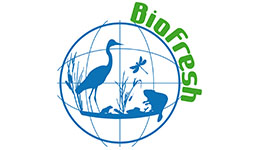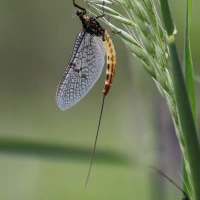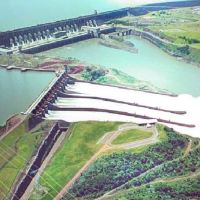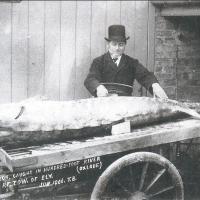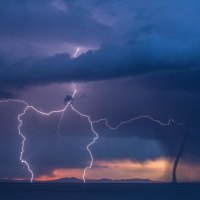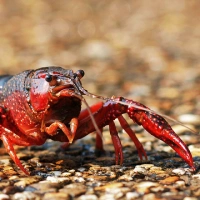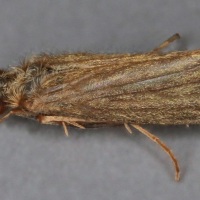Christian Feld on ‘What Can I Do to Help Freshwater Ecosystems?’

Red-eared turtles in Lake Baldeney, Essen, Germany. Image: Christian Feld
Last week we began a new series of posts titled ‘What Can I Do to Help Freshwater Ecosystems?‘, in which freshwater experts suggest ways in which the public can help conserve rivers and lakes. Today we have another post from MARS scientist Christian Feld, which draws on his experiences introduced red-eared turtles to freshwaters around Essen in north-west Germany.
***
Essen is the centre of a large metropolitan area, called the “Ruhrgebiet” (after the river Ruhr), where around five million people live.
Many of Essen’s inhabitants do not know nature particularly well, often because they haven’t seen too many natural parts of the country. You have to drive an hour at least to see some nice forests. For natural rivers and lakes, you have to drive three hours or more. For many people in Essen this prevents any sort of meaningful interaction with nature.
Now a story: A pet is a pet is a pet
Many children like owning and caring for pets, whether birds, mice, rabbits, turtles. When both pets and children grow older, there is often less enthusiasm to care for the pets. Then, many of these domesticated animals are released in nature.
At Lake Baldeney, south of Essen, we’ve a huge population of red-eared turtle (Trachemys scripta elegans). They come from the Great Lakes in the U.S. and have been introduced to Europe through the pet trade. They’re sold for €20–30 (only!) and grow up to 50 years. Thus, it is very likely that they won’t live as pets for long, but will be released after a couple of years. Red-eared turtles have spread across the world, and can out-compete native biodiversity for food and habitat, causing significant stress to the health of freshwater ecosystems.
The red-eared turtle is just one example of a freshwater alien species. There are many more – animals as well as plants. They may threaten native biodiversity. They may affect ecosystem’s health and intactness. And finally they may affect us humans.
So what can we do about alien and invasive species? Well, first, we need to take responsibility for our pets. A pet isn’t something you discard after you ‘used’ it for a while. Right now it’s summer time – holiday time. This is the time you may find many more pet animals abandoned or released into nature because they cannot be taken on holidays.
Second, we need to care about alien species. We need to know them and we need to know what they can do to us and our rivers and lakes.
And third, we must respect nature, which gives us so many services and benefits. In general, people shouldn’t interfere with already stressed freshwaters by introducing species that aren’t native to ecosystems. And children should be encouraged to have respectful and inspirational interactions with nature.
This, is what we can do for nature.


